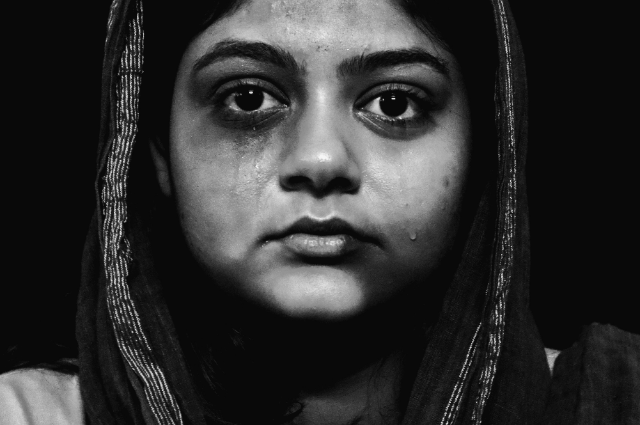
Photo by Sneha Sivarajan on Unsplash
Harassment of women is a serious and pervasive problem in our society. It can take many forms, including unwanted sexual advances, verbal abuse, and physical intimidation. This behavior is not only disrespectful and damaging to women, but it is also a violation of their basic human rights. It is time for us to take a stand and put an end to this unacceptable behavior.
First and foremost, we must acknowledge that harassment of women is not a women's issue, it is a societal issue. Men must take responsibility for their actions and work to change the culture that allows this behavior to continue. This means speaking out against harassment when we witness it, educating ourselves and others on what constitutes harassment, and supporting policies and laws that protect women from harassment.
It is also important to recognize that harassment is not limited to physical acts. It can also take the form of microaggressions, such as sexist jokes or comments, that are intended to demean and belittle women. These behaviors may seem small, but they contribute to a larger culture of harassment and must be addressed.
Women who experience harassment should not be blamed or made to feel like they are responsible for the behavior of others. It is not their job to educate or tolerate harassment. Instead, we must hold the perpetrators accountable for their actions and support the victims in seeking justice.
There are many steps we can take to put an end to the harassment of women. We must start by challenging our own attitudes and behaviors towards women, and by encouraging others to do the same. We must also support organizations that are working to end harassment and hold our leaders accountable for implementing policies and laws that protect women from harassment.
Harassment of women is a deeply rooted problem in our society, but it is not insurmountable. We have the power to make a change, but it requires a collective effort. Let us work together to create a world where women are free to live and work without fear of harassment, and where their basic human rights are respected and protected.
